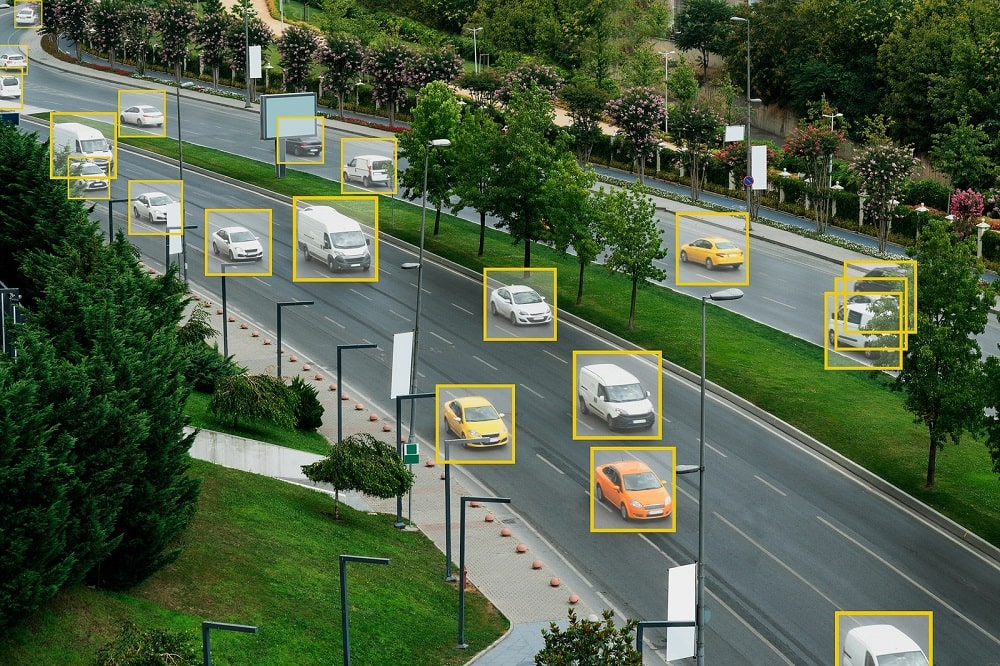



Four years ago, organizers created the international AI City Challenge to spur the development of artificial intelligence for real-world scenarios like counting cars travelling through intersections or spotting accidents on freeways.
In the first years, teams representing American companies or universities took top spots in the competition. Last year, Chinese companies won three out of four competitions.
Chinese tech companies Alibaba and Baidu swept the AI City Challenge, beating competitors from nearly 40 nations. Chinese companies or universities took first and second place in all five categories. TikTok creator ByteDance took second place in a competition to identify car accidents or stalled vehicles from freeway video feeds.
The results reflect years of investment by the Chinese government in smart cities. Hundreds of Chinese cities have pilot programs, and by some estimates, China has half of the world’s smart cities. The spread of edge computing, cameras, and sensors using 5G wireless connections is expected to accelerate smart-city and surveillance technology use.
The tech displayed in these competitions can be useful to city planners, but it also can facilitate invasive surveillance. Counting the number of cars on the road helps civil engineers understand the resources required to support roads and bridges, but tracking a vehicle across multiple live camera feeds is a powerful form of surveillance. One of the AI City Challenge competitions asked participants to identify cars in video feeds; for the first time this year, the descriptions were in ordinary languages, such as “a blue Jeep goes straight down a winding road behind a red pickup truck.”
Spokespeople for Alibaba and Baidu declined to comment, but advances from smart-city challenges can help fuel commercial offerings for both companies. Alibaba’s City Brain tracks more than 1,000 traffic lights in the company’s hometown of Hangzhou, a city of 10 million people. A pilot program found that City Brain reduced congestion and helped clear the way for emergency responders.
Chinese companies have done well in other US-sponsored assessments of surveillance technology. Chinese firms including Alibaba-backed Megvii performed well on facial recognition accuracy tests from the National Institute for Standards and Technology.
The US is also encouraging AI researchers to develop smart-city surveillance technology with ASAPS, a competition to make AI that helps emergency operators predict when they should dispatch an ambulance, fire engine, or police.
In that competition, teams analyze a combination of text, photo, and video data as well as mock Facebook and Twitter posts. There is also fake 911 call audio and synthetic gunshot-detection sensor data. In all, there are more than 60 emergency events in the data across eight hours of life in a simulated city, recorded with actors and actresses at a Department of Defense training facility in Indiana. Only teams associated with US businesses or universities may participate in the ASAPS challenge.
Source: A Global Smart-City Competition Highlights China’s Rise in AI